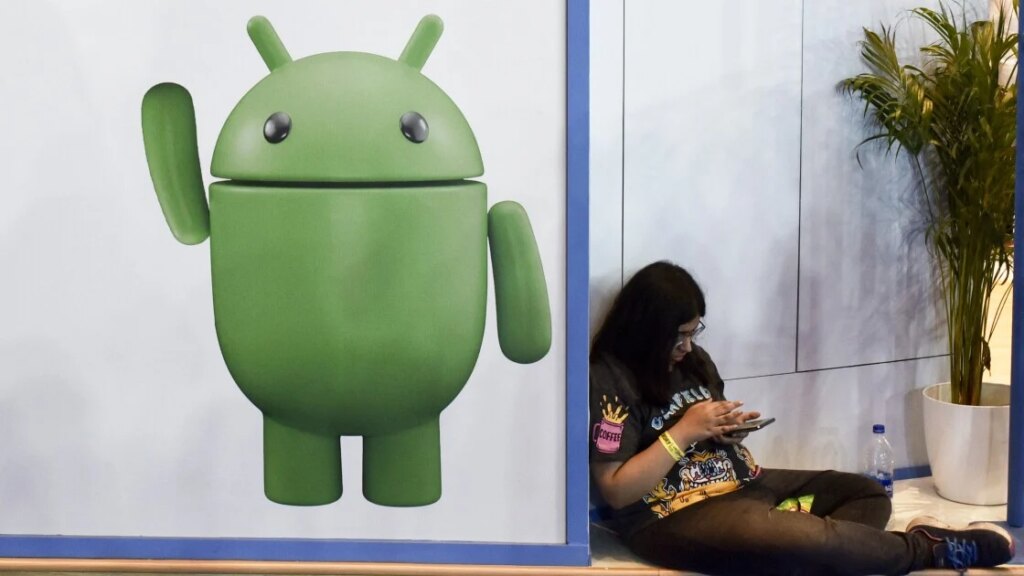Don’t miss out on our latest stories. Add PCMag as a preferred source on Google.
In August, Google announced plans for a new Android developer verification process that would see the end of sideloading apps on its operating system. This week, Google revealed it would make exceptions to the rules for “experienced users.”
Early access to the verification process began for developers this week. In Google’s materials, it clarified it is working on an alternative option for developers and power users “who have a higher risk tolerance and want the ability to download unverified apps.”
The blog post outlining the changes says, “We are building a new advanced flow that allows experienced users to accept the risks of installing software that isn’t verified.”
Google says it will include clear warnings for users to avoid being tricked by scammers into bypassing safety checks.
The brand says it’s gathering feedback on the feature and it will share more in the “coming months.” Google has yet to clarify how users will be able to access the feature.
Google’s President of the Android ecosystem, Sameer Samat, also announced a dedicated Android account type designed for students and hobbyists. Samat said on X, “This will allow you to build and share your creations with a limited number of devices (friends/family) without going through the full verification process.”
This Tweet is currently unavailable. It might be loading or has been removed.
The changes from Google have been criticized by many Android fans who regularly sideload new apps.
Recommended by Our Editors
Free Android app store F-Droid ran a campaign in October asking users to help by lobbying government regulators. The campaign, called Keep Android Open, said in an open letter, “Developers should have the right to create and distribute software without submitting to unnecessary corporate surveillance.”
Google used its latest announcement to further clarify its reasoning for the new process. It said, “While we have advanced safeguards and protections to detect and take down bad apps, without verification, bad actors can spin up new harmful apps instantly. It becomes an endless game of whack-a-mole.”
“Verification changes the math by forcing them to use a real identity to distribute malware, making attacks significantly harder and more costly to scale. We have already seen how effective this is on Google Play, and we are now applying those lessons to the broader Android ecosystem to ensure there is a real, accountable identity behind the software you install.”
Get Our Best Stories!
Your Daily Dose of Our Top Tech News
Sign up for our What’s New Now newsletter to receive the latest news, best new products, and expert advice from the editors of PCMag.
Sign up for our What’s New Now newsletter to receive the latest news, best new products, and expert advice from the editors of PCMag.
By clicking Sign Me Up, you confirm you are 16+ and agree to our Terms of Use and Privacy Policy.
Thanks for signing up!
Your subscription has been confirmed. Keep an eye on your inbox!
About Our Expert
Experience
I’ve been a journalist for over a decade after getting my start in tech reporting back in 2013. I joined PCMag in 2025, where I cover the latest developments across the tech sphere, writing about the gadgets and services you use every day. Be sure to send me any tips you think PCMag would be interested in.
Read Full Bio

